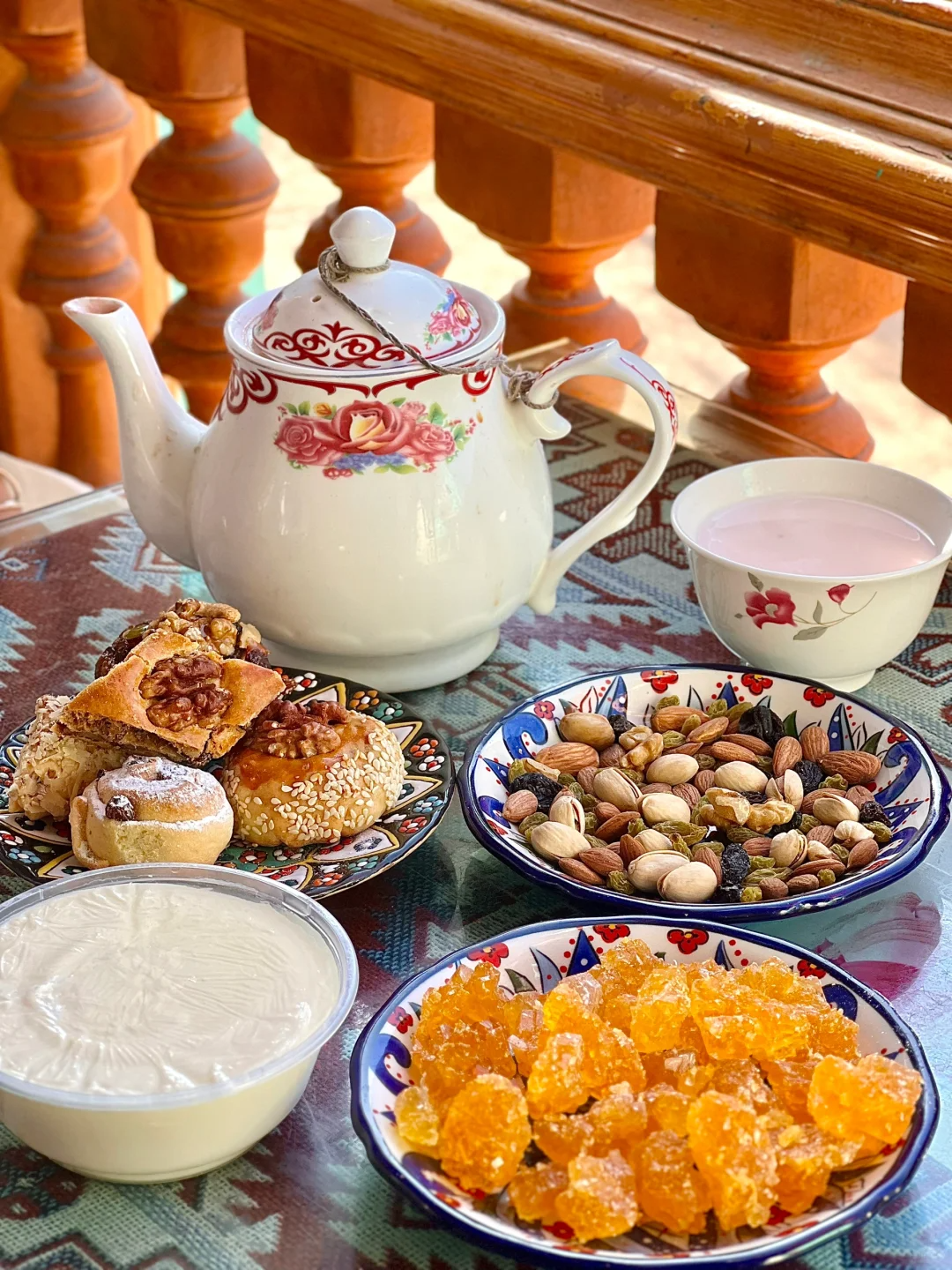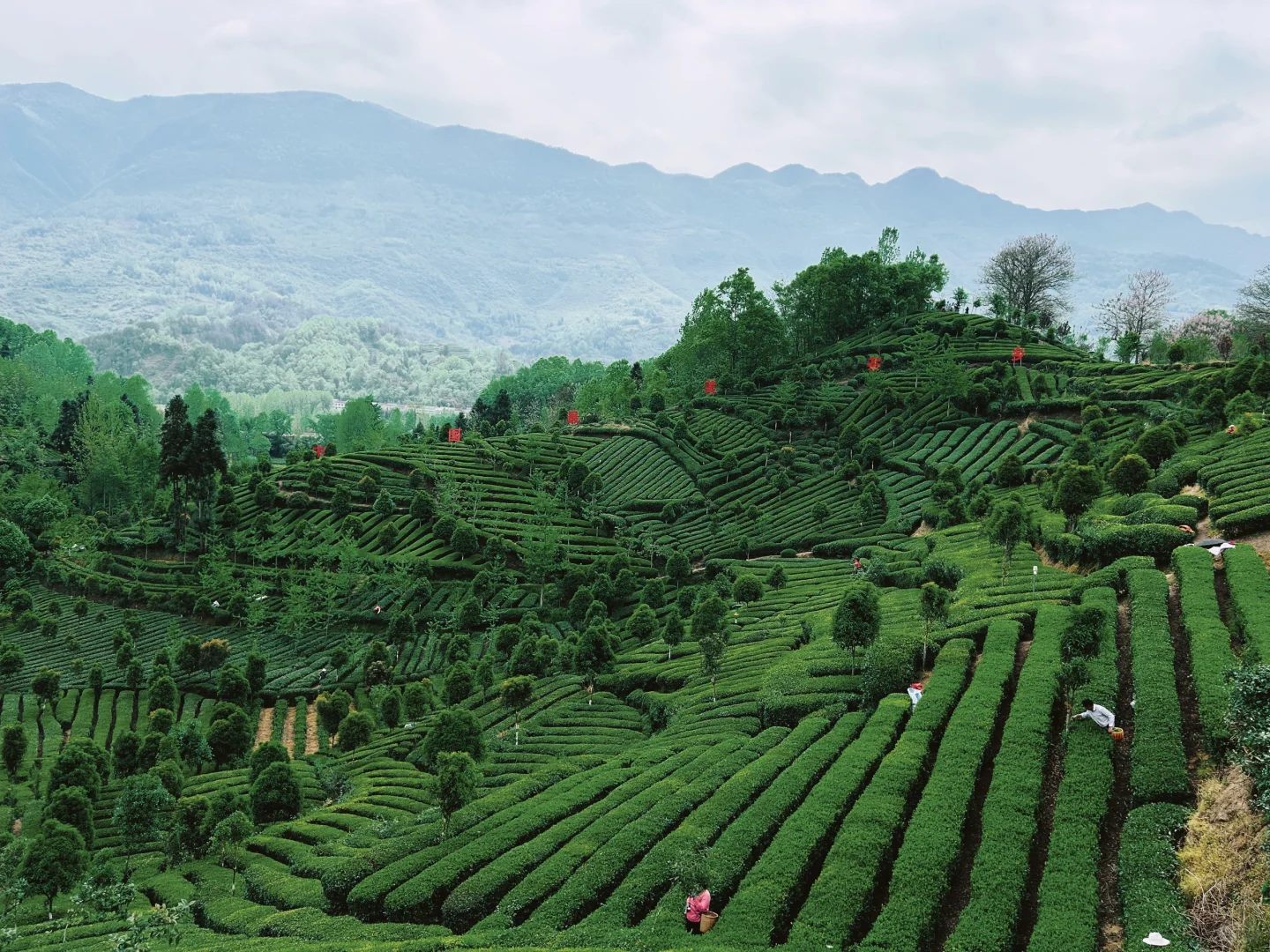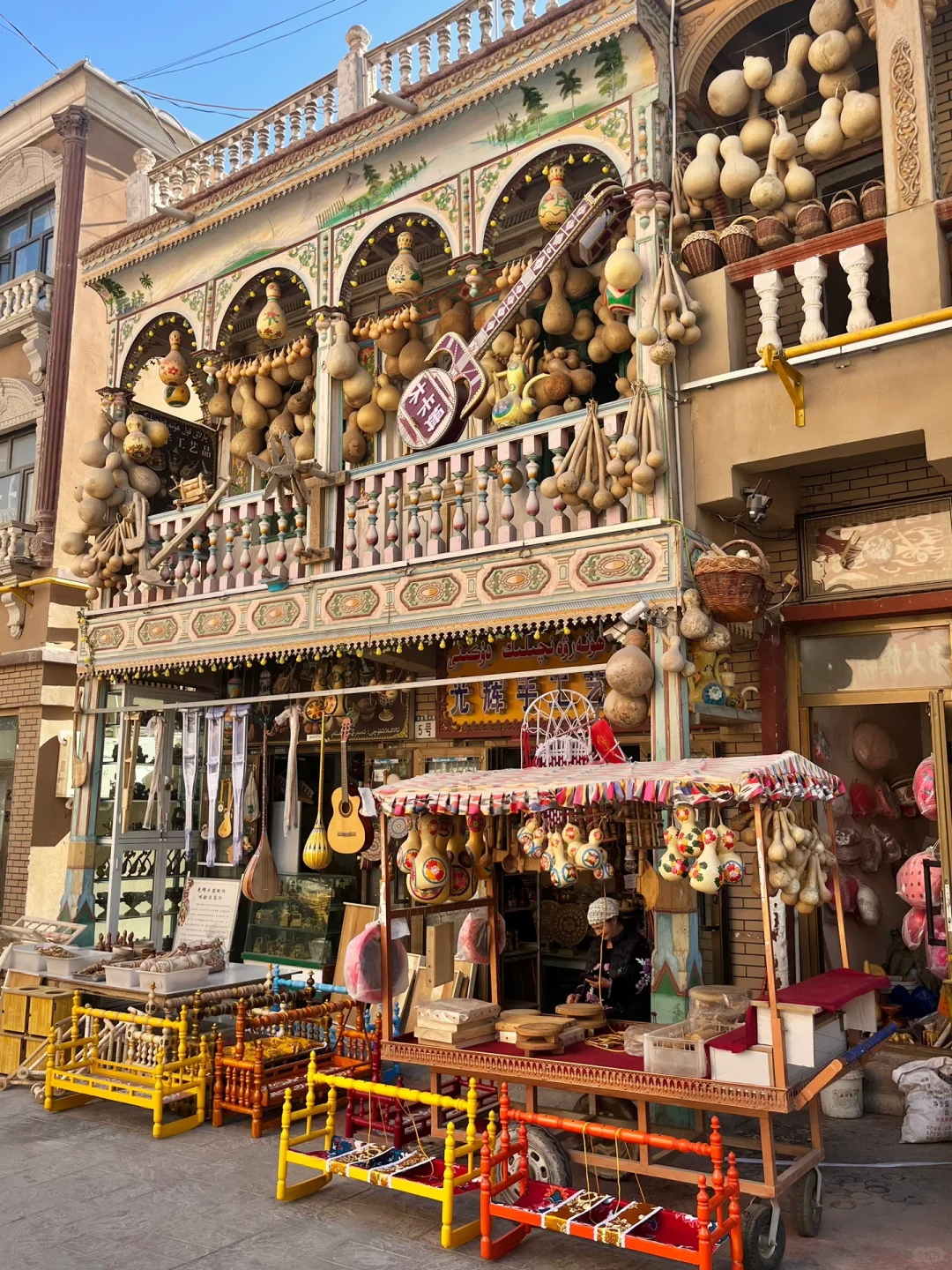Xinjiang, a large province in western China, attracts many tourists with its stunning landscapes and unique ethnic culture. It is home to vast grasslands, majestic mountains, mysterious deserts, and beautiful lakes, all showcasing the wonders of nature. Behind these natural beauties, Xinjiang also has a rich tea culture. From the classic Hetian green tea to the flavorful Xinjiang black tea, tea has a long history and distinct local characteristics here. In Xinjiang, visitors can enjoy breathtaking views and, while tasting the tea, also learn about the region's colorful cultural heritage.

I. The Geography and Ethnic Diversity of Xinjiang
Xinjiang, located in the western part of China, has a diverse geography, including deserts, grasslands, snow-capped mountains, and lakes, offering rich natural resources and unique lifestyles. The region's varied geography creates changing landscapes and supports different cultures and ways of life. Xinjiang is home to many ethnic groups, including Uighurs, Kazakhs, and Han Chinese, living harmoniously together. Each ethnic group has its own cultural background, which influences local eating habits and tea culture. From the Uighur spiced tea to the Kazakh milk tea, the diverse tea traditions blend together, showcasing the unique cultural charm of Xinjiang.

II. Tea Varieties and Growing Regions of Xinjiang
Xinjiang produces a wide variety of tea, each with its own unique characteristics, including green tea, black tea, and flower tea, catering to different tastes.
-
Green Tea: The green tea from Ili is famous. The area's unique climate and soil conditions give the tea a fresh, fragrant aroma and a crisp, sweet taste. Ili green tea is considered one of the most representative teas in the region, with a bright color and a refreshing, sweet aftertaste.
-
Black Tea: Urumqi black tea is known for its rich taste and strong aroma. Grown in Xinjiang, it has thick, full-bodied leaves and a strong, satisfying flavor. This tea is a key part of Xinjiang's tea culture, perfect for those who enjoy a bold, robust flavor.
-
Flower Tea: Xinjiang flower tea is popular for blending floral fragrances with tea. The most common is rose tea, where natural floral scents combine with high-quality tea leaves, creating a fresh, pleasant aroma and a gentle taste, especially refreshing in the summer.
The main tea-producing areas in Xinjiang include:
-
Ili: Known for its green tea, Ili's ideal natural conditions make it an important tea-producing region in Xinjiang.
-
Turpan: Turpan's tea leaves often have a subtle sweetness due to the area's unique climate, making it highly popular.
-
Urumqi: As the capital of Xinjiang, Urumqi is not only a major producer of black tea but also famous for its flower tea products, offering a wide variety of tea types.
III. Tea Culture and Daily Life
Tea culture in Xinjiang is closely tied to the daily lives of the local ethnic groups, especially the Uyghur people's unique tea-drinking customs, which reflect the local characteristics of the region.
Uyghur Tea Culture: The Uyghurs have a distinct way of drinking tea compared to the traditional practices in central China. They mainly drink green tea, often combining it with spices such as Sichuan pepper, cinnamon, and cloves. This gives the tea a rich aroma and a unique flavor. This tea is known as "spiced tea," which is both fragrant and slightly spicy, making it a favorite among the Uyghur people and an important part of their daily life.
Tea and Food Pairing: Tea holds a significant place in Xinjiang’s food culture and is often enjoyed alongside local dishes. Whether it's traditional pilaf, aromatic grilled meat, or soft and crispy naan, tea is commonly served as a drink after meals. Pairing tea with these foods helps to cleanse the palate and enhances the overall dining experience. Particularly when served with grilled meat or naan, the fresh aroma of the tea helps balance the richness of the meat, improving the meal.
Social Function of Tea: In Uyghur social customs, tea plays a very important role. When hosting guests, the host often serves a fragrant cup of tea as a sign of warmth and respect. In some traditional settings, exchanging tea cups between hosts and guests holds deep cultural meaning, symbolizing respect and friendly interaction. Tea is an essential part of many social events in Xinjiang, representing friendship, respect, and warmth.
Overall, tea in Xinjiang is much more than just a beverage; it is an important medium for cultural heritage and social interaction.

IV. Tea Culture Experiences in Tourism
Tea Garden Visit: Visitors can walk into Xinjiang's tea gardens and personally experience the process of tea planting and picking. Especially in tea-growing areas like Ili and Turpan, the tea gardens offer beautiful views with lush greenery. Tea farmers show visitors how they grow tea trees in this sunny, climate-friendly land and how they ensure high-quality tea from picking to processing. This hands-on experience not only teaches visitors about the roots of tea culture but also lets them enjoy the beauty and power of Xinjiang’s nature.
Tea Ceremony Experience: In Uyghur tea houses or homes, visitors can experience the unique Uyghur way of drinking tea. Here, they can taste spiced tea prepared by local tea farmers and take part in the tea-pouring and tasting rituals. With each pour of hot tea, visitors learn about the culture and meaning behind every step of the tea ceremony, feeling the special sense of ritual. Through this interaction, they will deeply appreciate the close relationship between tea and Uyghur life and hospitality.

Specialty Tea Houses: Xinjiang's major cities, especially Urumqi and Kashgar, have many unique tea houses that are decorated with ethnic styles and offer a strong tea culture atmosphere. In these tea houses, visitors can enjoy authentic Xinjiang teas, including Ili green tea, Urumqi black tea, and various flower teas, while experiencing the tradition of drinking tea with locals. These tea houses are not only great places to taste tea but also social spots where visitors can connect with the local culture and make new friends. Whether chatting with friends over tea or exchanging stories with the tea house owner, visitors will feel the rich tea culture of Xinjiang.
V. Recommended Tea Culture Travel Routes
-
Ili River Valley Tea Garden Tour
-
Visit the tea gardens in Ili and admire the sight of green tea cultivation.
-
Learn about the process of making Xinjiang green tea, and enjoy the fun of picking and roasting the leaves.
-
Taste the authentic Ili green tea and experience its refreshing fragrance.
-
-
Urumqi and Uyghur Culture Tour
-
Taste local specialty teas in Urumqi’s tea houses and immerse yourself in the rich Uyghur tea culture.
-
Visit traditional Uyghur tea houses and explore the social and ceremonial aspects of tea.
-
Experience tea culture in a Uyghur family’s home and feel the warmth of their hospitality.
-
-
Kashgar Silk Road Tea Culture Experience
-
Kashgar, a key stop on the Silk Road, offers a deep dive into the history of tea’s spread along this ancient trade route.
-
Visit local tea houses and taste various tea drinks infused with multiple ethnic influences.
-
Discover how tea has been a bridge for cultural exchange between the East and West, and experience Kashgar’s rich history and tea traditions.
-

VI. The Unique Charm of Xinjiang's Tea Culture
Xinjiang's tea culture is not just a beverage, but deeply rooted in the local way of life and hospitality. Here, tea serves as a bridge for social connections, a link between different ethnic groups, and a symbol of friendship. Whether it's the Uyghur spiced tea or the traditional green tea of the Han people, each tea drink carries rich cultural significance. While traveling in Xinjiang, visitors not only enjoy breathtaking natural landscapes but also, through sharing tea with locals, gain a deeper understanding of the history, customs, and lifestyles of various ethnic groups. The tea culture experience brings the unique charm of this land to life, offering travelers a journey of both physical and cultural enrichment.
